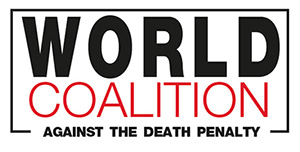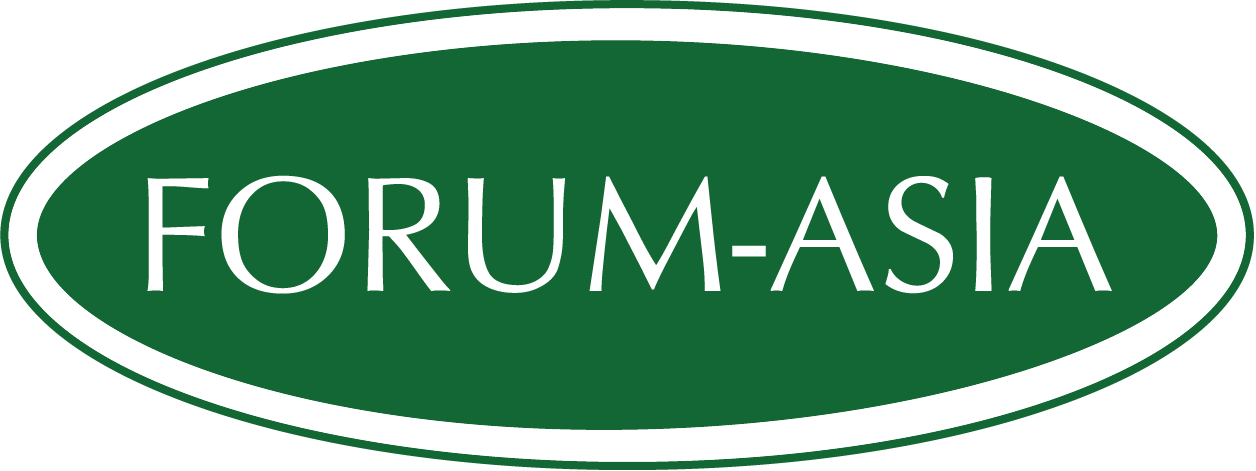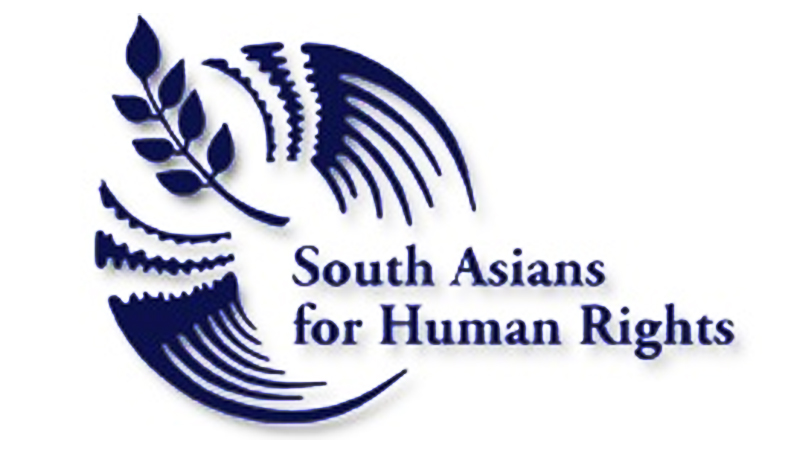Publication of the Annual Report 2013
Geneva-Paris, February 28, 2013. In its newly published Annual Report, the Observatory
for the Protection of Human Rights Defenders focuses on a new setback impeding the
work of human rights defenders. Access to funding, in particular foreign funding, is
increasingly being hindered by governments, whose primary intentions are to silence
human rights defenders. This obstacle, which affects a growing number of defenders of
fundamental freedoms around the world, not only violates universally recognised human
rights standards, but also seriously impacts efforts by civil society to promote and protect human rights and ensure that the voice of victims of human rights violations is heard.
The Annual Report 2013 of the Observatory for the Protection of Human Rights Defenders, a joint programme of the World Organisation Against Torture (OMCT) and the International Federation for Human Rights (FIDH), provides a global review of the violations of NGOs’ right to funding via various forms of restrictions imposed by States. It provides a detailed picture of this as yet insufficiently studied problem. This analysis is illustrated by concrete cases in 35 countries.
“We want to protect NGOs. This is now an urgent problem because there is a pattern emerging, a global backlash, attacking and identifying human rights defenders as illegitimate because of their international connections. This new argument against international support, specifically funding, restricts the actions of NGOs. This is unacceptable. With this year’s Report, we want to reframe the debate concerning universally recognised human rights work”, said Gerald Staberock, Secretary General of OMCT.
“Barriers to funding are often erected in the context of a pervasive climate of repression in which restrictive laws combined with smearing campaigns and judicial harassment against human rights defenders create a hostile environment towards their activities. These barriers to NGO funding imposed by States represent one of the most serious institutional problems facing defenders today”, added Souhayr Belhassen, President of FIDH.
As also highlighted by Maina Kiai, United Nations Special Rapporteur on the Rights to Freedom of Peaceful Assembly and of Association, in the Foreword to the Report, “The topic of this year’s Report is most pertinent as lately we have witnessed increased stigmatization and undue restrictions in relation to access to funding and resources for civil society organizations, in an attempt to stifle any forms of criticism […]”.
The right of NGOs to access funding is an integral part of the right to freedom of association. Access to funds and resources is essential and without it the daily work of NGOs is highly jeopardised. In some countries, the consequences of such laws and practices are debilitating. In Ethiopia, regulations on foreign funding forced NGOs to reduce their activities and dismiss part of their staff or stop human rights related activities. In the Russian Federation, NGOs receiving foreign funds face criminal liability if they fail to add the mention “foreign agent” on all official documents. In Belarus, “Viasna” Human Rights Centre President, Ales Bialiatski, is serving a prison term for using foreign funding and his colleagues were evicted from their offices. Some States also use the technique of “restriction by omission” to prevent human rights NGOs’ access to funding. By not applying the procedure laid down by their own laws and regulations, the authorities deny NGOs the ability to carry out projects funded by organisations or foreign
countries, as in Bangladesh. Based on the legal framework surrounding the right to access to funding and the embryonic jurisprudence on this subject, the Report seeks to foster an in-depth analysis of the negative impacts of these restrictive measures, and addresses recommendations to all stakeholders – beneficiaries, donors, governments and intergovernmental organisations.
Category: Media Monitoring






